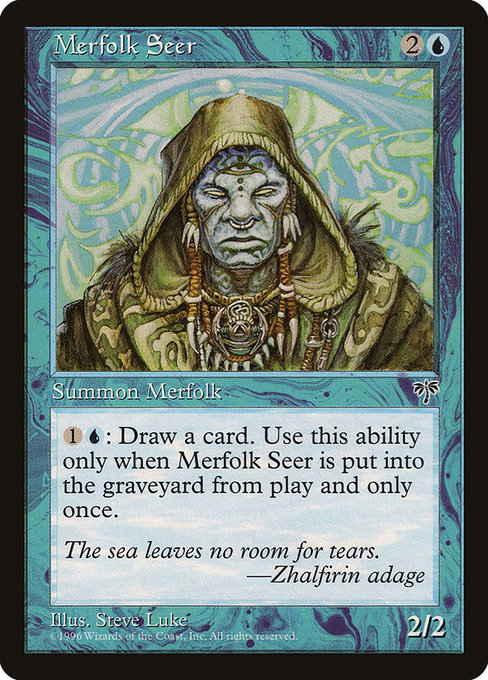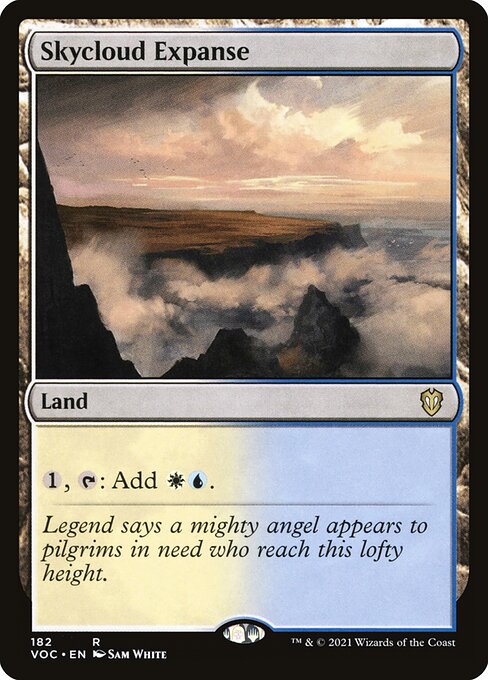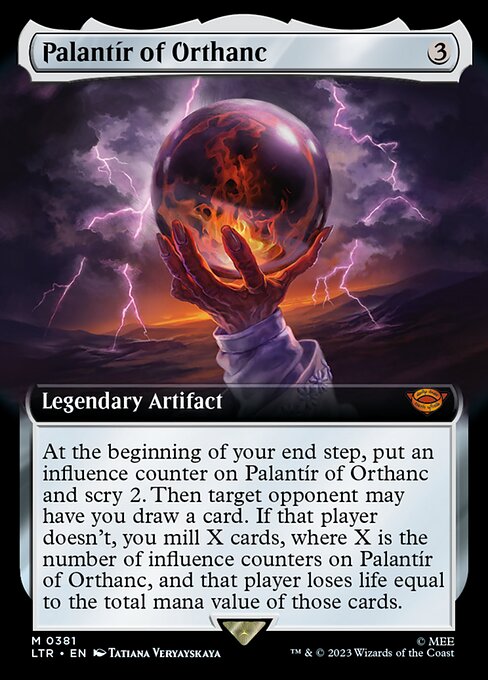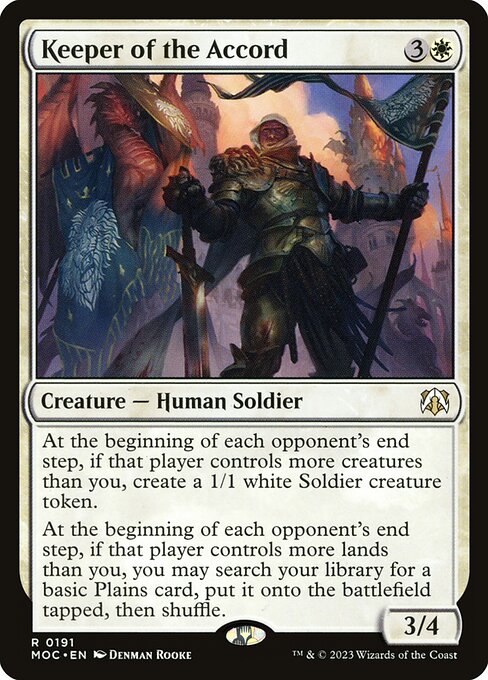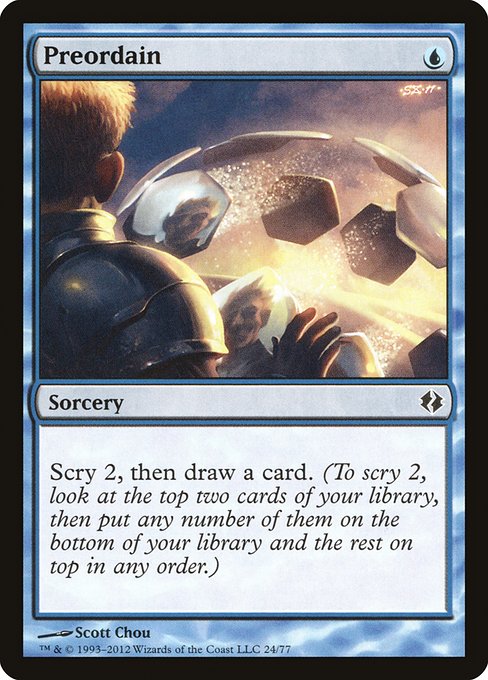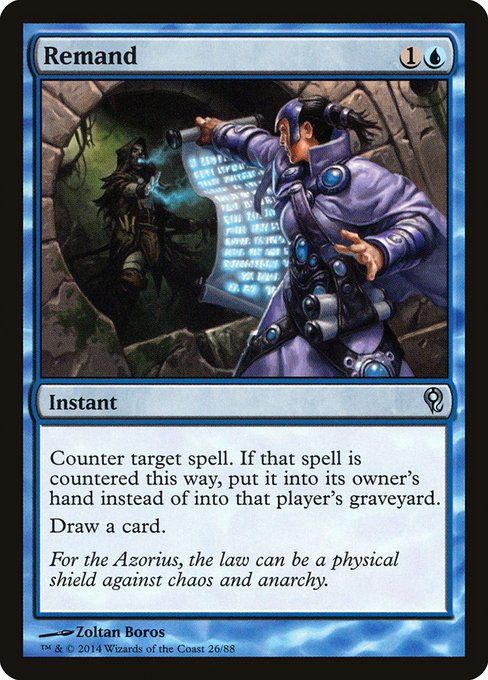
Remand

Full Analysis
Generated on 2025-06-29T21:34:50.267099 • Legacy FormatUnderstanding the Powerhouse: A Deep Dive into Remand
Remand is an instant spell that has been a staple in Magic: The Gathering decks for decades, offering its players a versatile tool to counter and reanimate spells. This guide will delve into the intricacies of Remand's mechanics, interactions, and strategic uses, providing insights into how this powerful spell can elevate your game.
Key Mechanics and Interactions
Countering Spells
Remand is an instant spell that counters a target spell, rendering it useless to its caster. The twist comes when the countered spell is also countered by Remand; in this scenario, the spell is put into the owner's hand, allowing for further interaction or manipulation of the game state.
Counter-Effect Interactions
One key aspect to consider is that Remand will cancel any counter effect applied to the spell it counters. However, if the countered spell is itself an instant or sorcery, its text will not be altered by Remand.
Targeted Spells and Abilities
Remand interacts with other spells and abilities in various ways. For example, when used to counter an opposing Savage Twins, it may create a new opportunity for an aggressive attack by putting the first twins back into their player's hand.
Strategic Uses, Combos, and Synergies
Counter-Magic
Remand can effectively neutralize opponent counterspells, allowing the caster to cast their desired spell without interference. This makes it an excellent addition to control decks focused on disruption and tempo.
Spell Reanimation
By putting a countered spell into its owner's hand, Remand enables the possibility of reanimating or resuming an inactive spell. This is particularly useful with spells like Reanimate and Fulminite, which create additional recursion opportunities.
Card Advantage
With Remand, players can acquire more cards by putting a countered spell into their hand. This can be done in conjunction with other card draw sources or recursion strategies to achieve significant advantage.
Some combos worth exploring:
- Remand + Reanimate: Put a spell like Reanimate on the stack, counter it with Remand, and then reanimate to create an exponential recursion loop.
- Remand + Fulminite: Use Fulminite to trigger the recursive effect of another spell, such as Lightning Bolt, while simultaneously countering that same spell with Remand.
Deckbuilding Roles and Archetypes
Remand can serve multiple purposes in various deck archetypes:
Control
Remand's ability to counter spells makes it an excellent addition to control decks focused on disruption and tempo. These decks often prioritize removing opponent threats or disrupting their plans, making Remand a valuable asset.
Combo
As seen above, Remand can fuel powerful recursion loops and synergies when paired with other spells like Reanimate or Fulminite. Combo decks rely on complex interactions between multiple cards to achieve success, and Remand is well-suited for this type of playstyle.
Token/Value
In token-heavy decks, Remand can help the player acquire valuable cards by putting a countered spell into their hand. This allows them to maintain a strong board presence while also generating card advantage.
Format Viability and Competitive Context
Remand is widely considered to be a staple in various Magic formats:
- Modern: Remand has seen extensive play in Modern with popular decklists incorporating it for its ability to disrupt opponents' plans and facilitate recursion. Many Modern decks rely on Remand as a key component of their gameplan.
- Standard: In Standard, Remand remains viable as a disruption spell that can create opportunities for card draw and recursion. Its versatility makes it an attractive addition to many standard deck lists.
Rules Interactions and Technical Notes
When interacting with other cards and mechanics:
- Counter effects: Remand will cancel any counter effect applied to the spell it counters. However, if the countered spell is itself an instant or sorcery, its text will not be altered by Remand.
- Spell interaction: When a spell is put into its owner's hand via Remand, it resolves as though it were cast normally (e.g., drawing a card does occur).
Art, Flavor, and Historical Context
Remand was first introduced in the Magic: The Gathering set "Urza's Saga" in 1998. Its design captures the essence of recursion and card advantage that has become a hallmark of many Magic strategies.
The art depicting Remand often shows a wizard, surrounded by magical energies, manipulating the game state to their advantage.
Conclusion Summary
In conclusion, Remand is a powerful spell with far-reaching implications for deckbuilding, strategy, and format viability. Its unique ability to counter and reanimate spells makes it an invaluable asset in control decks, combo pieces, and token-heavy strategies. By understanding its interactions, mechanics, and uses, players can unlock the full potential of this versatile spell.
When used effectively, Remand can become a driving force behind winning strategies across various formats. Its adaptability, versatility, and capacity to create recursive loops make it an integral part of Magic: The Gathering's rich strategic landscape.
